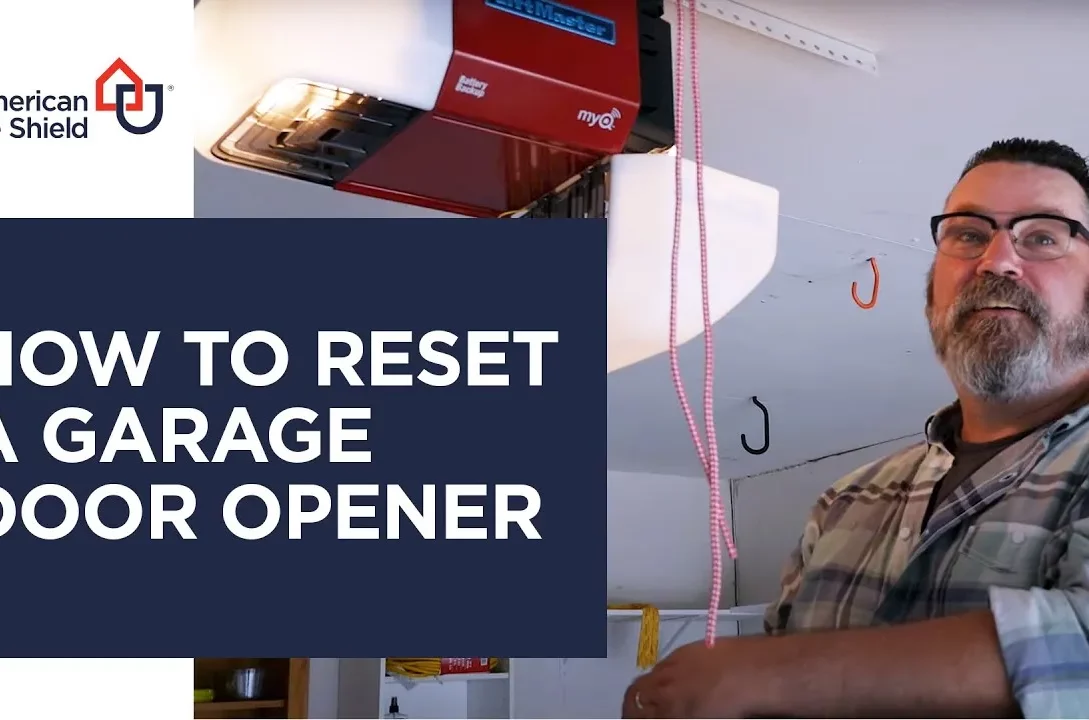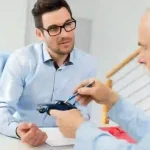Garage door openers have become an essential part of our daily lives, offering convenience and security as we come and go from our homes. However, they are vulnerable to power surges, which can cause damage and disrupt their operation. Power surges are sudden spikes in electrical voltage that can occur due to various reasons, such as lightning strikes, utility company issues, or appliance malfunctions. In this article, we will discuss the importance of protecting your garage door opener from power surges and explore various measures you can take to safeguard this crucial device.
Understanding Power Surges:
Power surges are brief but intense increases in electrical voltage that can flow through your home’s electrical system. These surges can occur for several reasons:
- Lightning Strikes: One of the most common causes of power surges is lightning strikes. A lightning bolt can produce an enormous surge of electricity that travels through power lines and enters your home.
- Utility Company Issues: Problems within the electrical grid, such as switching errors or equipment failures, can result in power surges.
- Appliance Usage: Large appliances like air conditioners, refrigerators, or electric furnaces can cause small, localized power surges when they turn on or off.
- Downed Power Lines: Accidents, storms, or fallen trees can cause power lines to come into contact with each other, leading to surges.
The Impact of Power Surges on Garage Door Openers:
Power surges can have a damaging impact on garage door openers and their components. Here are some of the issues that may occur:
- Electronic Circuit Damage: Garage door openers rely on electronic circuitry to function. Power surges can damage these circuits, rendering the opener inoperable.
- Motor Damage: The electric motor that powers the garage door opener may suffer damage from a power surge, affecting its performance and lifespan.
- Remote Control Malfunctions: Power surges can disrupt the communication between your garage door opener and its remote controls, causing them to stop working.
- Safety Sensors: The safety sensors that prevent the garage door from closing on objects or people may be affected by power surges, compromising safety features.
Protecting Your Garage Door Opener from Power Surges:
Safeguarding your garage door opener from power surges is essential to ensure its longevity and reliable operation. Here are several measures you can take to protect your opener:
1. Surge Protectors:
Install surge protectors on the electrical outlets used by your garage door opener. Surge protectors are devices designed to absorb excess voltage and prevent it from reaching connected appliances. They are highly effective at guarding against power surges caused by lightning or electrical grid issues.
2. Unplug During Storms:
During thunderstorms or when lightning is a possibility, consider unplugging your garage door opener from the electrical outlet. This precaution can prevent lightning-induced surges from reaching the opener’s circuits. It’s also advisable to unplug other sensitive electronics in your home during such weather events.
3. Whole-House Surge Protection:
Consider investing in a whole-house surge protection system. This system is installed at the main electrical panel of your home and provides comprehensive protection against power surges entering your home from the utility grid. While it won’t eliminate the need for individual surge protectors, it adds an extra layer of defense.
4. Lightning Rods:
Installing a lightning rod or lightning protection system on your home can divert lightning strikes away from your property, reducing the risk of power surges affecting your garage door opener and other electronic devices.
5. Quality Electrical Wiring:
Ensure that your garage’s electrical wiring and outlets are up to code and of high quality. Proper wiring can help reduce the impact of power surges on your garage door opener and other electronics.
6. Regular Maintenance:
Perform regular maintenance on your garage door opener to check for any signs of damage or wear. A well-maintained opener is more likely to withstand power surges.
7. Battery Backup:
Consider installing a battery backup system for your garage door opener. This backup power source can keep your opener operational during power outages and provide additional protection against voltage fluctuations.
8. Professional Installation:
Have your garage door opener professionally installed. Certified technicians can ensure that the opener is correctly wired and grounded, reducing the risk of power surge damage.
9. Inspect Grounding Systems:
Check the grounding system of your home to ensure it meets safety standards. Proper grounding can help dissipate excess electrical energy, reducing the risk of surges.
10. Insurance Coverage:
Review your homeowner’s insurance policy to see if it covers damage caused by power surges. In some cases, insurance can help cover the costs of repairing or replacing your garage door opener.
Conclusion:
Protecting your garage door opener from power surges is essential to ensure its long-term functionality and reliability. Power surges can cause significant damage to the electronic components of your opener and disrupt its operation. By implementing measures such as surge protectors, unplugging during storms, and investing in whole-house surge protection, you can safeguard your garage door opener and other electronic devices in your home. Remember that prevention is key when it comes to protecting your valuable investments, and taking proactive steps to mitigate the risks of power surges will ultimately save you time and money in the long run.








